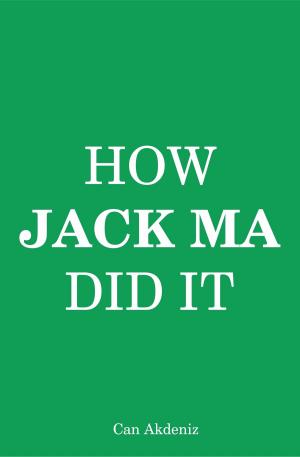| Author: | IntroBooks | ISBN: | 9781370399185 |
| Publisher: | IntroBooks | Publication: | November 4, 2016 |
| Imprint: | Smashwords Edition | Language: | English |
| Author: | IntroBooks |
| ISBN: | 9781370399185 |
| Publisher: | IntroBooks |
| Publication: | November 4, 2016 |
| Imprint: | Smashwords Edition |
| Language: | English |
Blending music, dance, visual arts and drama seamlessly to create one of the most interesting things that millions of audiences enjoy is what opera is all about. Its 400 year old history is rich with instances of rise and fall of opera.
With its roots in the Renaissance period, opera gradually spread across the world and today it has become a highly acclaimed form of art which is enjoyed by numerous people. There is no doubt that opera has gone through many changes in the course of time.
The singers and the quality of music, the orchestra the type of music that the audience enjoys and the voice of the singers continue to change in order to suit the demands of the audience. Opera has continued to develop by expanding the plots around which it was performed, the harmony and structure keeps changing as audiences change.
Earlier, the availability of resources were comparatively fewer too. This made operas simpler. Today, operas have access to technologies that can help them advance the manner in which music is used in the opera or the presentation of the entire opera. The effects created are very different from before as well.
The use of different stories from different cultures helped opera obtain a special uniqueness and add variety to the operas. With the help of this book, you will be able to understand the history of opera. The way in which it started and how it unfolded its beauty to the audience. The reactions of the audience to opera when it began.
We will then move to the different regions in which opera began to develop and how every region added their own touch to opera to give them a personalized feel and make them more alluring for the audience of a particular region.
With these additions to opera, it gradually began to become more interesting and it captured the attention of more audiences.
As its importance grows in different regions, opera plays a more important role and people begin to spread the word about it around the world.
The book will then take you through the current styles of opera and its presence in different parts of the world today. The manner in which opera has been formed today and how it has been affected from its past changes.
With this is mind, the book will conclude with a short description of the future of opera. The way in which people perceive it today and how the legacy of opera will be used in the future.
Blending music, dance, visual arts and drama seamlessly to create one of the most interesting things that millions of audiences enjoy is what opera is all about. Its 400 year old history is rich with instances of rise and fall of opera.
With its roots in the Renaissance period, opera gradually spread across the world and today it has become a highly acclaimed form of art which is enjoyed by numerous people. There is no doubt that opera has gone through many changes in the course of time.
The singers and the quality of music, the orchestra the type of music that the audience enjoys and the voice of the singers continue to change in order to suit the demands of the audience. Opera has continued to develop by expanding the plots around which it was performed, the harmony and structure keeps changing as audiences change.
Earlier, the availability of resources were comparatively fewer too. This made operas simpler. Today, operas have access to technologies that can help them advance the manner in which music is used in the opera or the presentation of the entire opera. The effects created are very different from before as well.
The use of different stories from different cultures helped opera obtain a special uniqueness and add variety to the operas. With the help of this book, you will be able to understand the history of opera. The way in which it started and how it unfolded its beauty to the audience. The reactions of the audience to opera when it began.
We will then move to the different regions in which opera began to develop and how every region added their own touch to opera to give them a personalized feel and make them more alluring for the audience of a particular region.
With these additions to opera, it gradually began to become more interesting and it captured the attention of more audiences.
As its importance grows in different regions, opera plays a more important role and people begin to spread the word about it around the world.
The book will then take you through the current styles of opera and its presence in different parts of the world today. The manner in which opera has been formed today and how it has been affected from its past changes.
With this is mind, the book will conclude with a short description of the future of opera. The way in which people perceive it today and how the legacy of opera will be used in the future.















